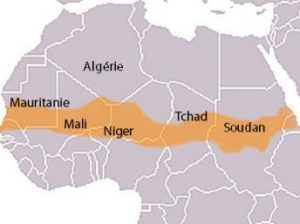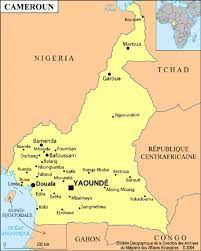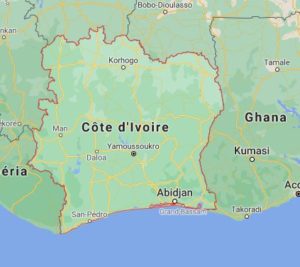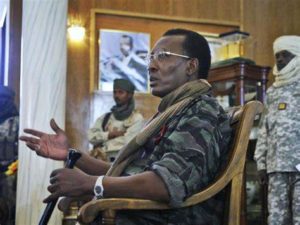Sahel: in search for new strategies?
 Burkina Faso, Mali and Niger, the most exposed countries of the G5 Sahel to terrorism, have been facing repeated attacks since this year beginning. It is in this worrying context that the French president announced on 10 June, the “end of Operation Barkhane”, and a strategic partner in the fight against terrorism in the Sahel. The silence surrounding that statement indicates that, on both sides, time has come to seek new avenues to overcome the jihadist scourge.
Burkina Faso, Mali and Niger, the most exposed countries of the G5 Sahel to terrorism, have been facing repeated attacks since this year beginning. It is in this worrying context that the French president announced on 10 June, the “end of Operation Barkhane”, and a strategic partner in the fight against terrorism in the Sahel. The silence surrounding that statement indicates that, on both sides, time has come to seek new avenues to overcome the jihadist scourge.



 The gradual evolution of security issues in Côte d’Ivoire can be seen around a bundle of representations and myths that Islamist doctrinaire have theorized elsewhere. However, the evaluation of the demonstrations of force of small armed groups in the north shows the capacity of these groups to combine concept, slogan and realities on the ground. In this case, for two years, the Ivorian security doctrine adversity which lays the foundations for its social significance. The repeated assaults on army positions indicate an almost unstoppable will to engage; the insurrectionary zest, enthusiasm and daring are lubricated by a faith in the hereafter, part of the quest for personal salvation after death. This dimension, largely underestimated when designing security policies on the continent, also explains the speed of jihadist dissemination within communities whose ethnic diversity, differences in environment and lifestyles defied the idea. even a standardization of behavior and of the relationship to the Other.
The gradual evolution of security issues in Côte d’Ivoire can be seen around a bundle of representations and myths that Islamist doctrinaire have theorized elsewhere. However, the evaluation of the demonstrations of force of small armed groups in the north shows the capacity of these groups to combine concept, slogan and realities on the ground. In this case, for two years, the Ivorian security doctrine adversity which lays the foundations for its social significance. The repeated assaults on army positions indicate an almost unstoppable will to engage; the insurrectionary zest, enthusiasm and daring are lubricated by a faith in the hereafter, part of the quest for personal salvation after death. This dimension, largely underestimated when designing security policies on the continent, also explains the speed of jihadist dissemination within communities whose ethnic diversity, differences in environment and lifestyles defied the idea. even a standardization of behavior and of the relationship to the Other. Very often the danger arises from where it is the least expected! In the Sahel, the violent death of President Deby is a stark confirmation of that. The unexpected disappearance of the warrior president, Idriss Deby, has reshuffled the cards across the region. Today, with two political transitions underway, in Mali and Chad, political and military issues have multiplied while terrorism is strengthening its base and extending its front. More than ever, the Sahel is at a crossroads.
Very often the danger arises from where it is the least expected! In the Sahel, the violent death of President Deby is a stark confirmation of that. The unexpected disappearance of the warrior president, Idriss Deby, has reshuffled the cards across the region. Today, with two political transitions underway, in Mali and Chad, political and military issues have multiplied while terrorism is strengthening its base and extending its front. More than ever, the Sahel is at a crossroads. Sahelian Africa is a region that has been evolving for several years under the spotlight due to the security crisis, however this is linked to other factors that are worth remembering: demographic, food, environmental, health.
Sahelian Africa is a region that has been evolving for several years under the spotlight due to the security crisis, however this is linked to other factors that are worth remembering: demographic, food, environmental, health.